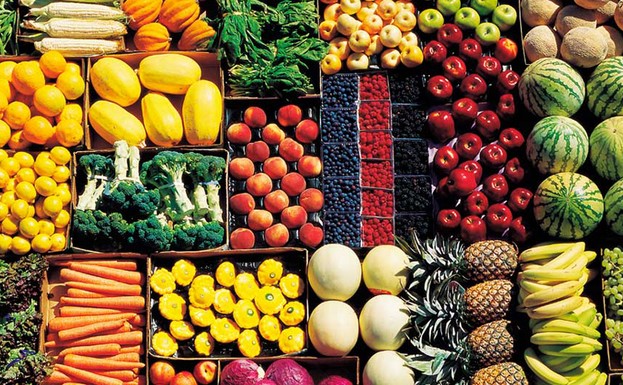Blog

Nutrition controversies: 3 ‘healthy’ diets causing debate
With a new superfood trending online every other week and a whole host of diet and fitness conscious stars taking over Instagram, there’s never been more public awareness of eating healthily.
But there’s also never been more confusion, either.
Each time a ground-breaking study on nutrition or miracle solution for weight loss is released, it seems to completely contradict what’s gone before.
For those trying to learn more about being healthy, knowing what advice to follow and what to discard is almost impossible. Even for those working within the nutrition industry, keeping up with the latest research is difficult.
Take, for example, the following three popular diets that have recently found themselves surrounded by controversy.
#1: the alkaline diet
The alkaline diet recently hit headlines following the prosecution of its creator, Robert Young (he’s facing jail time for treating patients without a medical license). Although the legal issues aren’t directly related to the diet, it has brought closer attention to its nutritional worth.
It focuses on maintaining a neutral pH balance by cutting out things like meat, fish, pasta and dairy in favour of increased vegetables and fruit. By doing so, it claims to reduce headaches, bloating and several other health issues.
Whilst this reliance on natural, organic products over processed food is positive, sticking to it properly involves regularly pH testing your urine or saliva, so it’s not exactly low maintenance. Plus, your body should naturally balance its alkaline and acid levels all on its own, making the diet unnecessary.
#2: clean eating with Ella
The concept of ‘clean eating’ basically refers to forming a diet entirely from natural, non-processed foods, and was popularised by the likes of Deliciously Ella.
Despite initially leading the charge for additive-free home-cooking, Ella has recently spoken out against it – particularly the fact that it’s becoming an unhealthy obsession and ‘fad’ for many followers, a concern echoed within the nutrition and medical industries.
Although essentially the types of food advocated by a ‘clean’ diet are incredibly healthy, it’s been linked to eating disorders so should be started with consideration and care.
#3: going gluten-free
For those with a diagnosed intolerance or coeliac disease, going gluten-free is a medical necessity – their condition means they physically can’t digest and process wheat flour and similar grains.
But after reports starting circulating that cutting out gluten was healthier for the digestive system and could aid weight loss (reports that were fuelled by celeb endorsements from the likes of Miley Cyrus), people started adopting the diet by choice.
In reality, the jury’s still out on the health benefits of going gluten-free for those without an intolerance, with new research even showing that it could increase the followers’ risk of developing diabetes.
The debates around all three popular diets clearly illustrate that there’s no simple answer to healthy eating, and that nutrition experts will have their work cut out over the coming years trying to educate the public.



Comments